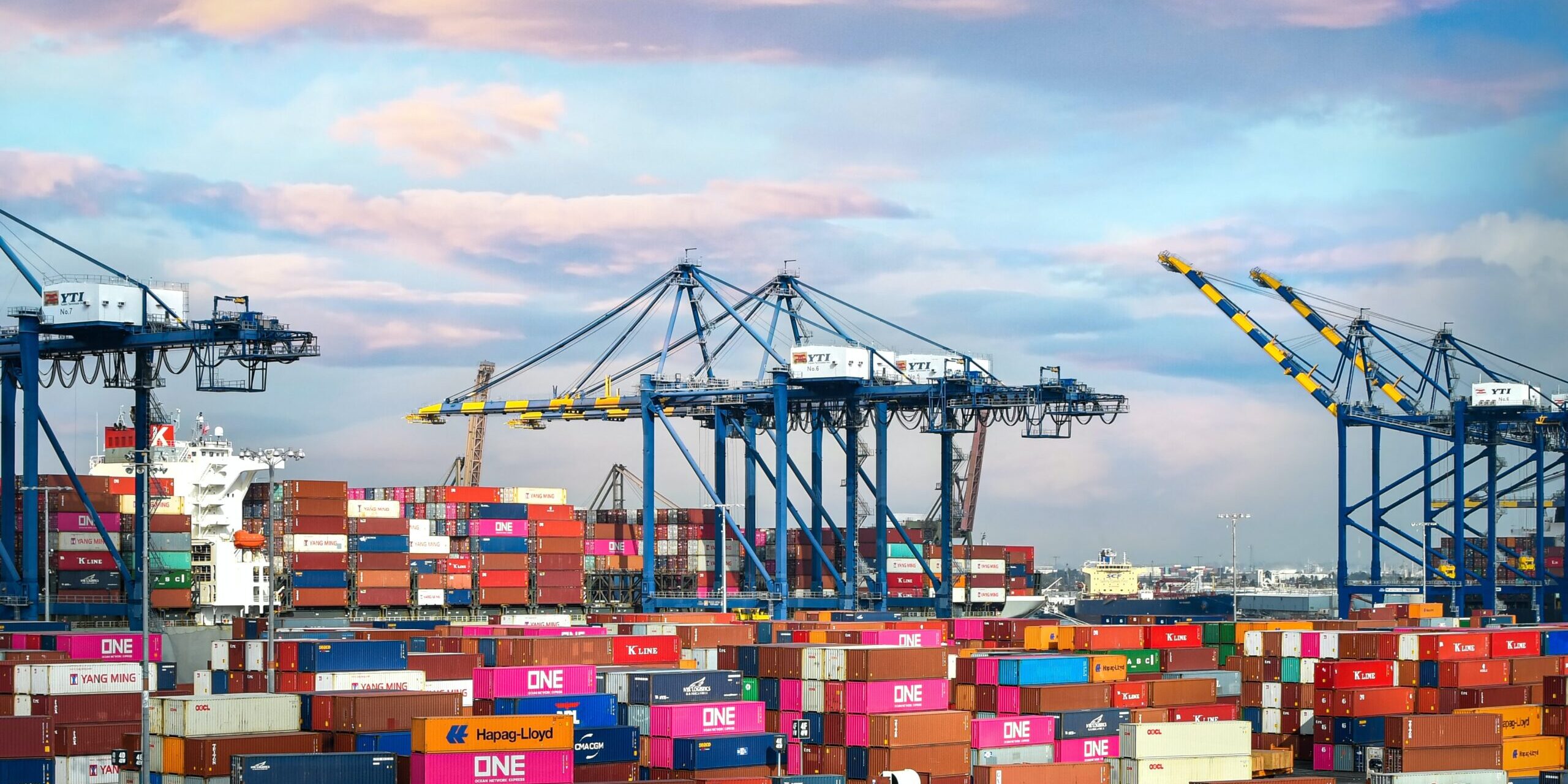The American Chamber of Commerce of the Philippines (AmCham) Agribusiness Committee Chairman, Christopher Ilagan, emphasized the crucial role of improving the logistics sector in reducing the cost of transporting agricultural products and enhancing food security in the country. Ilagan stated that logistics-related expenses account for a significant portion, ranging from 20 to 40 percent, of the prices of agricultural goods in the Philippines.
Farmers have been grappling with challenges related to the cost of storage and transportation of agricultural products, making these areas ripe for improvement. Ilagan believes that an upgraded logistics sector, coupled with suitable post-harvest infrastructure, can effectively address these issues, ultimately contributing to the strengthening of food security.
“Appropriate post-harvest infrastructure and enhanced logistics can play a pivotal role in reducing spoilage and waste. When implemented on a larger scale, this can lead to more efficient logistics networks throughout the country,” Ilagan explained. “Minimizing the number of intermediaries in the supply chain through improved infrastructure will eliminate additional costs associated with these middle layers. Moreover, the reduced expenses in storing and transporting agricultural products can result in increased availability, accessibility, and affordability of food and agricultural items for Filipinos.”
Ilagan also expressed optimism about the recent announcement by Agriculture Secretary Francisco Tiu Laurel Jr. regarding his commitment to improving logistics and reducing middlemen in the agri-fishery value chain.
“Considering the significant impact of logistics costs on the prices of agricultural products, Secretary Tiu Laurel Jr.’s emphasis on reducing logistics expenses is a promising policy direction,” he stated.
Ilagan also commended Laurel’s proposal to revitalize the farming sector through the adoption of technology, mechanization, expanded irrigation coverage, and the provision of superior quality seeds. In April, Ilagan had previously underscored the potential for Philippine agriculture to become globally competitive, contingent on the effective implementation of policies and programs designed to support the sector.
As the Philippines seeks to bolster its food security and ensure the well-being of its citizens, addressing the logistical challenges in the agricultural supply chain emerges as a pivotal step forward. The commitment of government officials like Secretary Tiu Laurel Jr. and the collaboration of stakeholders will play a vital role in shaping the future of the country’s agricultural landscape.







